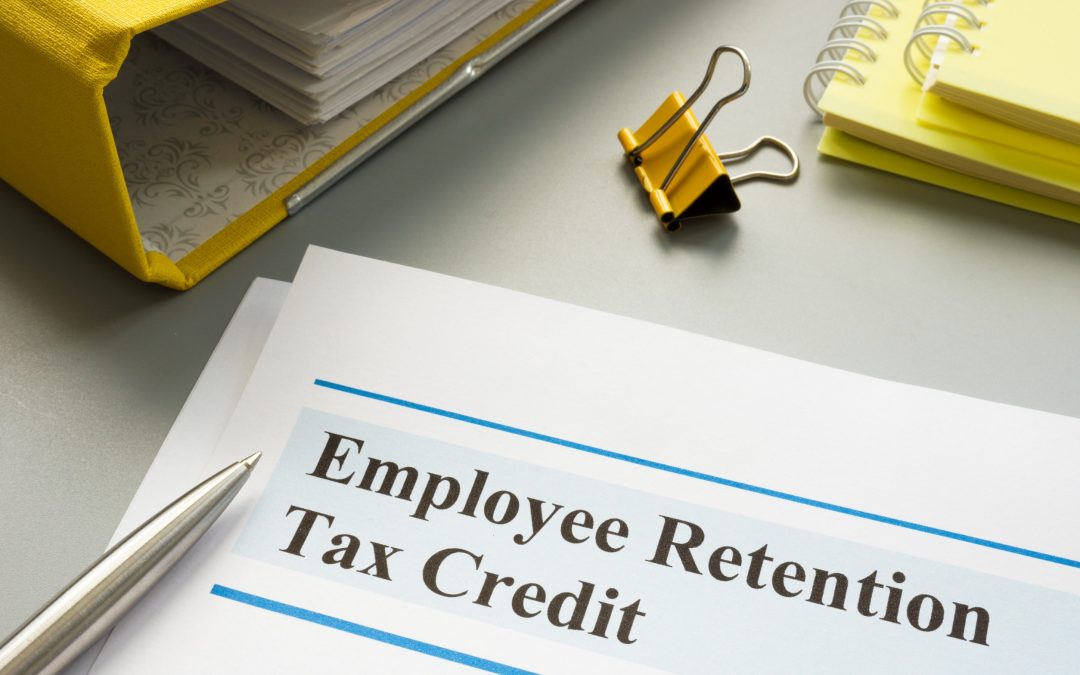Just when you thought COVID-era tax breaks were in the past, you get a call from a “tax advisor”
who tells you that you may have overlooked a beneficial Employee Retention Credit (ERC) opportunity. But don’t worry, it’s not too late!
For an upfront fee or a fee contingent on the amount of the refund, they’ll be happy to correct that “error” for you. Not all is what it seems, however. The IRS is once again warning business owners about these “promoters” who are continuing to push ineligible people to file or amend a previous filing for the tax break.
The ERC is a refundable tax credit for businesses that continued paying employees despite suspension of operations or significant declines in gross receipts due to COVID shutdowns from March 13, 2020, to Dec. 31, 2021. These scammers are taking advantage of the fact that it’s not too late to amend a previous return with a new claim for ERC. Some are just taking an upfront fee and disappearing. Others are submitting incorrect ERC claims on behalf of the business owners or incorrect employee information, inflating wages, or claiming credits for ineligible employees or activities.
“Plus, the promoters may not inform taxpayers that they must reduce the wage deductions they claimed on the business’s federal income tax return by the amount of the credit,” the IRS states, adding that many also conveniently neglect to point out that eligible employers can’t claim the ERC on wages that they reported as payroll costs in obtaining Paycheck Protection Program (PPP) loan forgiveness or that they used to claim certain other tax credits.
What’s the harm? Why not give it a try? Because you may lose much more than the scammers will if caught.
“Taxpayers are always responsible for the information reported on their tax returns,” warns the IRS. “Improperly claiming the ERC could result in taxpayers being required to repay the credit along with penalties and interest.”
When we first recounted these scams in November, Accounting Today was reporting that IRS has identified more than 11,000 “suspicious” federal returns claiming more than $2 trillion in credits. The aggressive firms driving the fraud were brazenly advertising and promoting themselves in plain sight because the IRS was slow to act against them. Although it had the technology to flag those 11,000 returns, the IRS didn’t have the manpower to do much about it. But now the agency is flush with an $80 billion infusion and has ramped up its auditing capabilities.
“The IRS is actively auditing and conducting criminal investigations related to these false claims,” says Acting IRS Commissioner Doug O’Donnell. “While this is a legitimate credit that has provided a financial lifeline to millions of businesses, there continue to be promoters who aggressively mislead people and businesses into thinking they can claim these credits. Anyone who is considering claiming this credit needs to carefully review the guidelines. If the tax professional they’re using raises questions about the accuracy of the…claim, people should listen to their advice.”
In other words, if it’s too good to be true, it likely is, especially if a reputable CPA questions the strategy. Feel free to contact us with questions.

